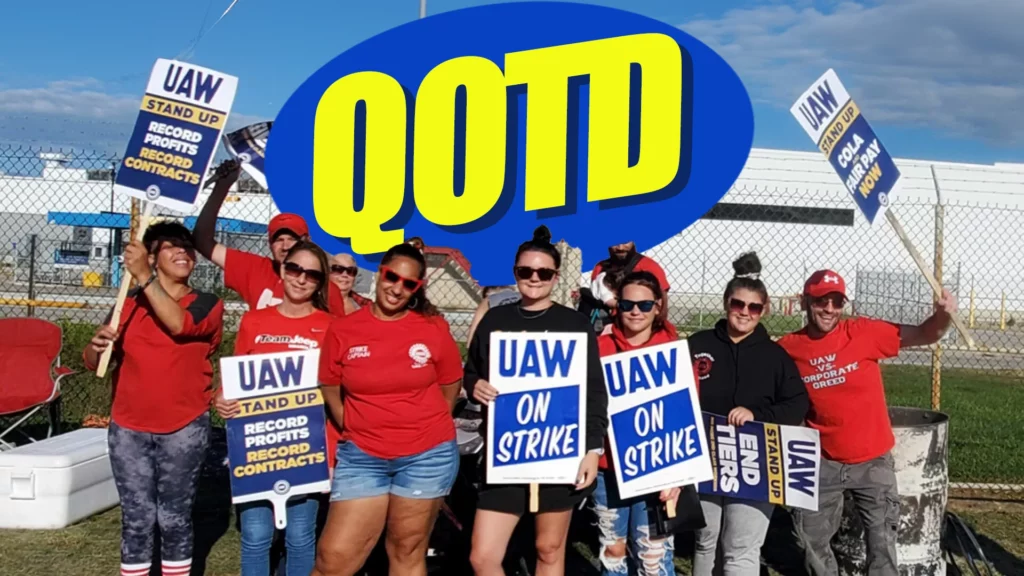- Unions are spreading beyond the Big Three and changing the auto industry in America.
- Thousands of white collar workers have been laid off or taken buyouts in the past few years.
The UAW achieved a once unthinkable victory last month when workers at Volkswagen’s Chattanooga plant voted to join the union. That momentum could continue next week as approximately 5,000 employees in Vance, Alabama will vote on whether or not to unionize a Mercedes plant.
However, we’re more interested in white collar workers as automakers seem determined to thin their ranks. Tesla and Stellantis have had high-profile cullings as of late, but they’re far from alone as Ford and General Motors also slashed jobs last year. While a number of reductions were done through buyouts, taking money or taking a chance aren’t two options you want to be presented with.
More: Stellantis Hiring $50,000 Engineers In Brazil And India Instead Of $150,000 Ones In America
With that in mind, we’re asking our readers if white collar employees should be the next group to unionize. While there’s normally some animosity between white and blue collar workers, everyone wants a secure, well-paying job.
However, many companies seem more concerned with placating investors and padding the bottom line. This is particularly true at Stellantis as the company doesn’t seem too keen on keeping their North American headquarters and has reportedly focused on hiring cheaper white collar employees.

Instead of recruiting people from America and Europe, the company is said to be getting engineers from Brazil, India and Morocco to save money. In particular, reports suggested each hire in a developing country could save the automaker around $100,000 to $150,000 annually.
Tesla has also been conducting widespread layoffs that have reportedly impacted a wide variety of workers including engineers and the Supercharger team. Some of these layoffs have reportedly come over the weekend and in emotionless emails.
That brings us to our question of the day, should white collar workers unionize? The move could potentially make it harder for automakers to make drastic cuts or at least force them to pay heavily for doing so. However, any attempt would likely be an uphill battle.




